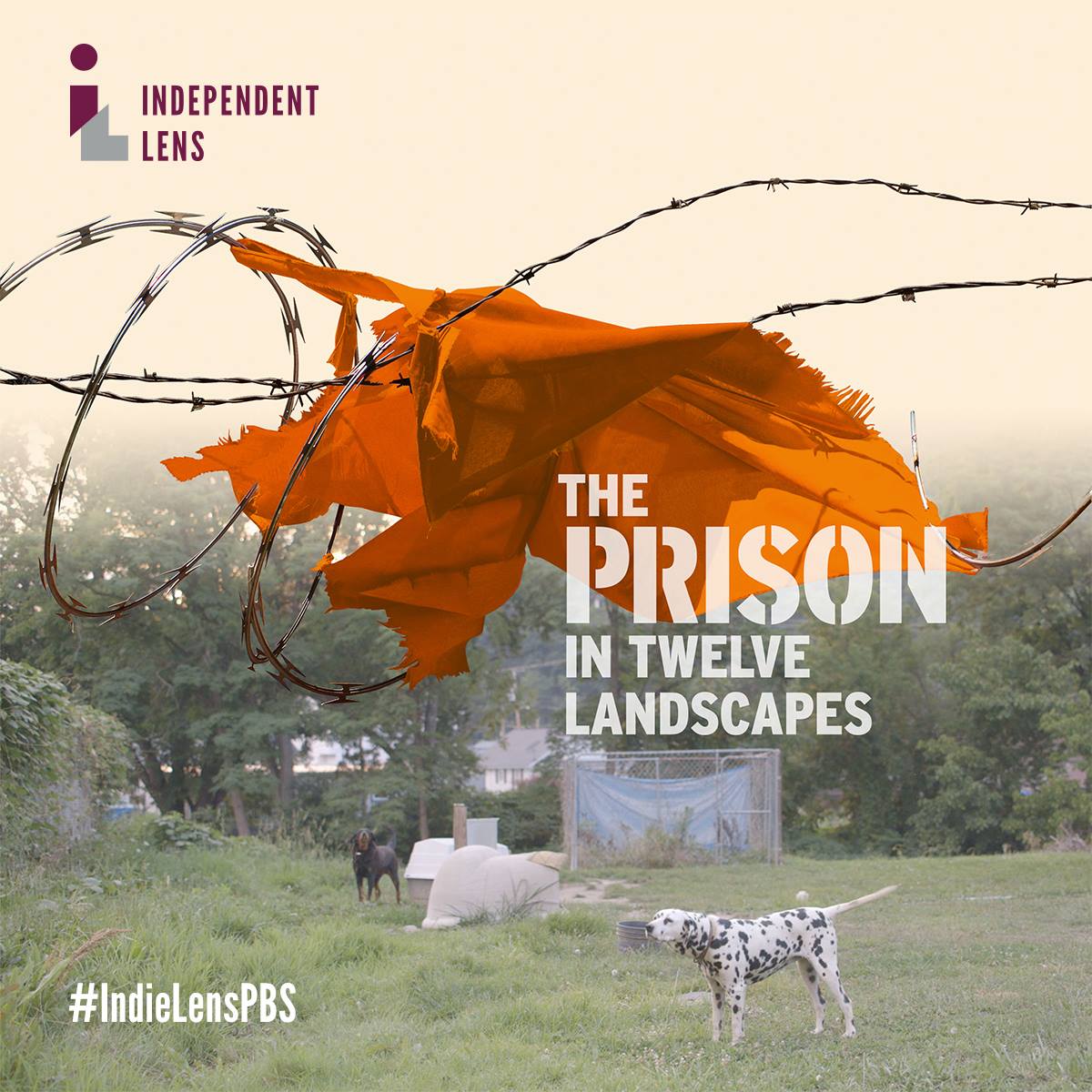
Activists and policymakers often rattle off figures to get Americans to care about their country’s mass-incarceration problem: More than two million people are locked up in prisons and jails in the United States. In state prisons, African-American men are imprisoned at a rate around five times higher than that of white men. The U.S. accounts for a little over 4 percent of the world’s population, yet holds 21 percent of the world’s prison population. But PBS’s new documentary The Prison in Twelve Landscapes takes a different approach: Leaving the statistics behind, it puts a spotlight on settings that demonstrate prison culture’s effects outside of the bars, from playgrounds to the Black Lives Matter movement.
To tap into the far-reaching and sometimes invisible ways mass incarceration seeps into American society, director Brett Story trains her camera on unique characters: a chess player in Washington Square Park in New York City; a black woman in Ferguson, Missouri, who served a 15-day sentence for an unpaid garbage-lid fine. Other vignettes impressionistically study landscapes—like empty, unused lots in Los Angeles that get reclassified as parks so sex offenders have to keep their distance. In its dreamy sequences and disembodied voiceovers, The Prison in Twelve Landscapes sometimes feels more Terrence Malick than 60 Minutes. That’s ultimately to its credit: Without the implicit distance that filming behind prison bars, with talking heads and numbers, creates, it shows that mass incarceration is a local and proximate problem.





